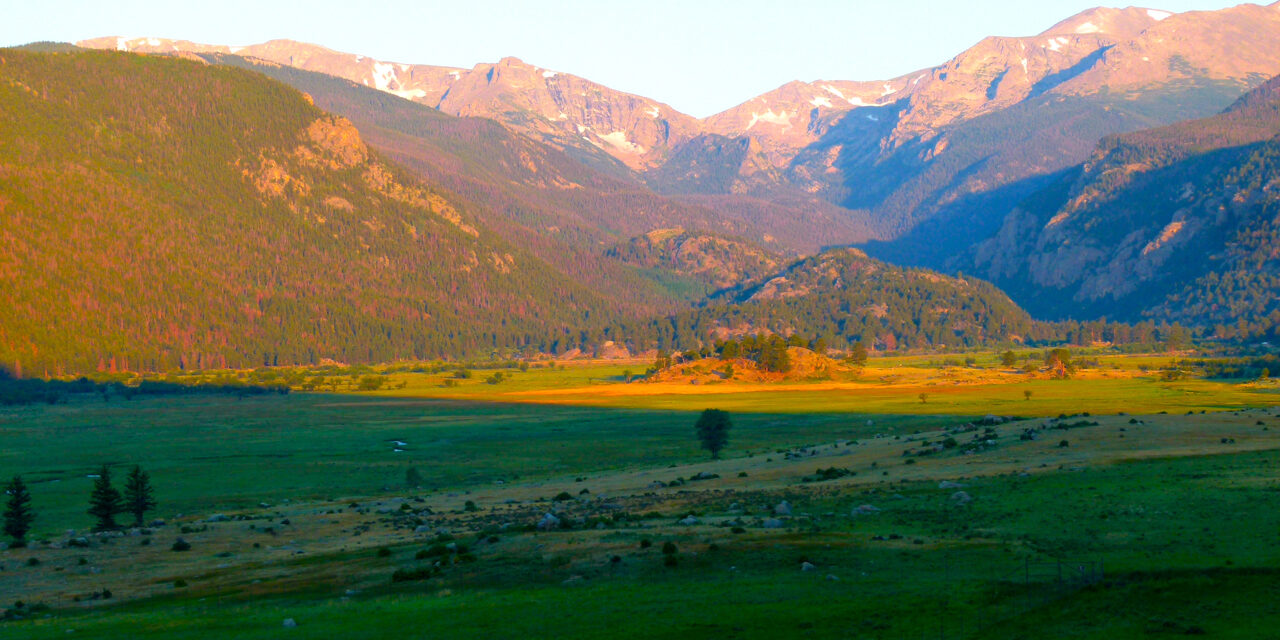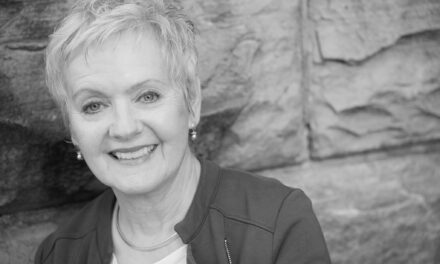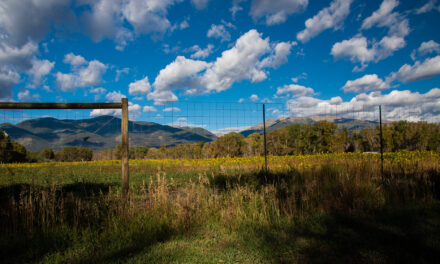“Your Words” is a series of articles based on answers posed to questions I ask in the the Our Stories Today newsletter. Want a chance to share your voice and be featured here with other wise women? You deserve to be heard. Sign up for the newsletter here.
Today I read an article about self-care skills for extremely sensitive people Women’s Health Magazine. The article reminded me of how many of us were taught that sensitivity was a flaw in our character or something we should work to change. If only I had a dollar for every time someone told me “You’re too sensitive!” It wasn’t until the last ten years that I began to realize something surprising: My sensitivity is a blessing and what enables me to write, take photographs and create work that connects human beings.
I’m both surprised and delighted that I worry less about whether others like me and that my voice has strengthened. How wonderful it is to find self-acceptance and confidence in dancing to my own tune. To be honest, I think these intrinsic gifts make up for all the physical changes! Sure I need more down time and tend to struggle with sensory overload, but I also pick up on cues that others might miss. My sensitivity is a part of who I am.
I know myself better at 62.
I asked this month’s newsletter subscribers the following question: Tell me about a surprising or unexpected blessing you discovered after the age of 50. I was curious what others might have discovered in these later chapters. Your words:
Leoni Bronwyn Luisi, 70, New Hampshire:
In response to the question about discovering something surprising after turning 50, I was happy to discover that “I’ve still got it.” After I turned 50 I joined a women’s expedition to Mera Peak in Nepal, 8 km from Mount Everest. I knew that I was fit and had the skills and equipment for a mountaineering glacier climb on ice and snow. What was surprising to me was that I had the resilience and confidence to know from the get-go that I was going to make the summit. This was not arrogance or hubris, but a quiet confidence in my deep well of inner strength which was about to be tapped.
For other mountaineers and climbers reading this, you know that it is half physical strength, skill, and endurance and half mental fortitude that gets us up these climbs barring extreme weather conditions. A huge contributor to the success of such an expedition is the mental attitude and team spirit of the members. As the oldest member of our team to summit, I had the experience and skills to help and encourage other team members. Not everyone on the team made it to the top on summit day, but we all returned safely having shared an incredible experience.
At age 70, my high altitude mountaineering adventures are over but I still enjoy moving on foot, boat, skis, and bike in the great outdoors.
I know from experience that Leonie is an incredible outdoors woman. She and I hiked New Hampshire’s Presidential Traverse twice. The first time we encountered massive thunderstorms and I was nervous, but Leonie reminded me in her quiet way that we were already committed and had no choice but to keep going. The second time we encountered massive fog and 80 mile an hour wind gusts on the top of Mt. Adams, but Leonie never wavered and led us on (I imagined the worst case scenario). Her leadership and mentoring skills haven’t changed even if her mountaineering adventures are over.
Nancy Agneberg, 73, Minnesota
Now that I am in my mid-seventies, I am discovering how heavy my ego is. If I could weigh it on my bathroom scale, what number would register in big, bold digits. The only solution to these extra, unnecessary pounds is to lose the ego that demands recognition and attention. How important is it that people praise me for what I do or say or teach or write? For who I am. Not much. I am learning to trust that what I do or say or teach or write will make a difference—even if I am not aware of it. And that is enough. I feel lighter already.
Yes! We do tend to finally appreciate that we are making a difference in the lives of others, in our own small way as we get older. I write about this here in “Tell Them Now.”
Finally, though this response came in too late to be included in the compilation of comments from an earlier question (“What Does It Mean to Age Gracefully”), these words from Lisa in Nederland, Colorado are wise and true:
I think aging gracefully means accepting the reality of the passage of time. On the surface it might look like a natural hair color or a face (neck, cleavage, hands…) with creases. Internally, I see it as being in harmony with the flow of the universe, rather than denying or rejecting the natural order of things.
“Your Words” is a series of articles based on answers posed to questions I ask in the the Our Stories Today newsletter. Want a chance to share your voice and be featured here with other wise women? You deserve to be heard. Sign up for the newsletter here.





